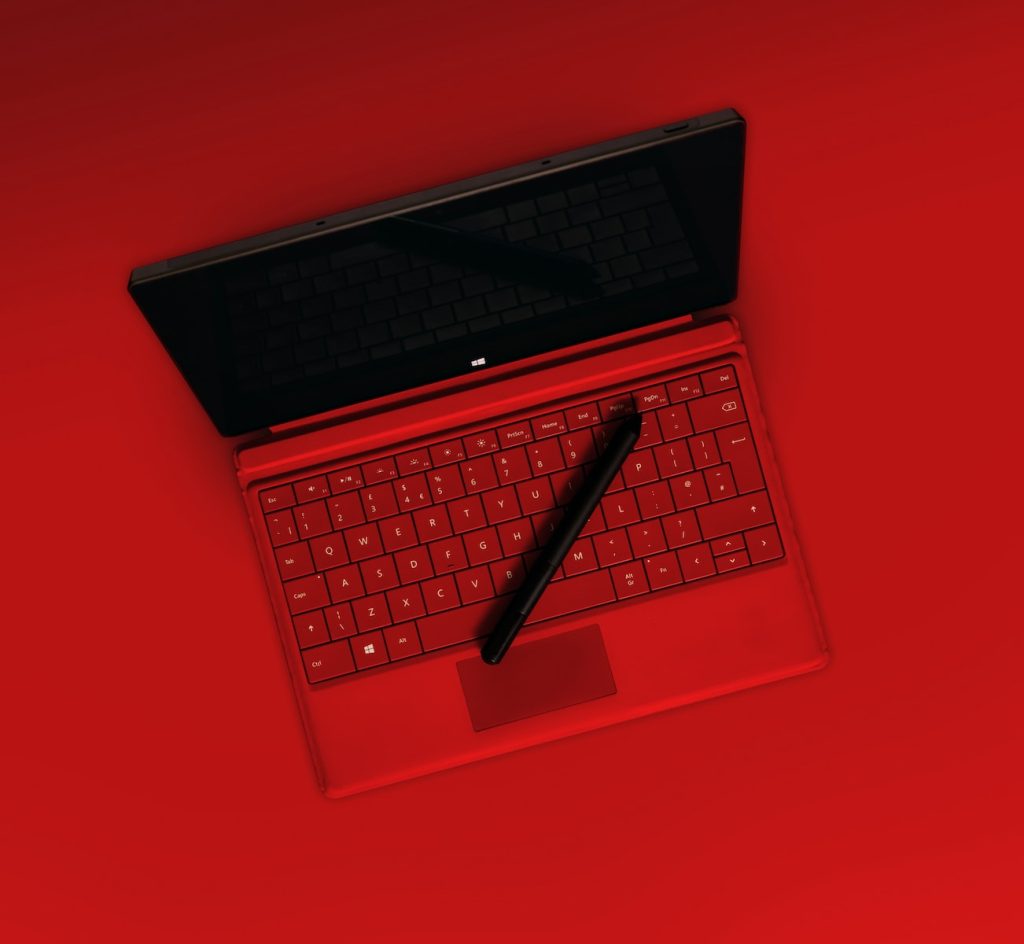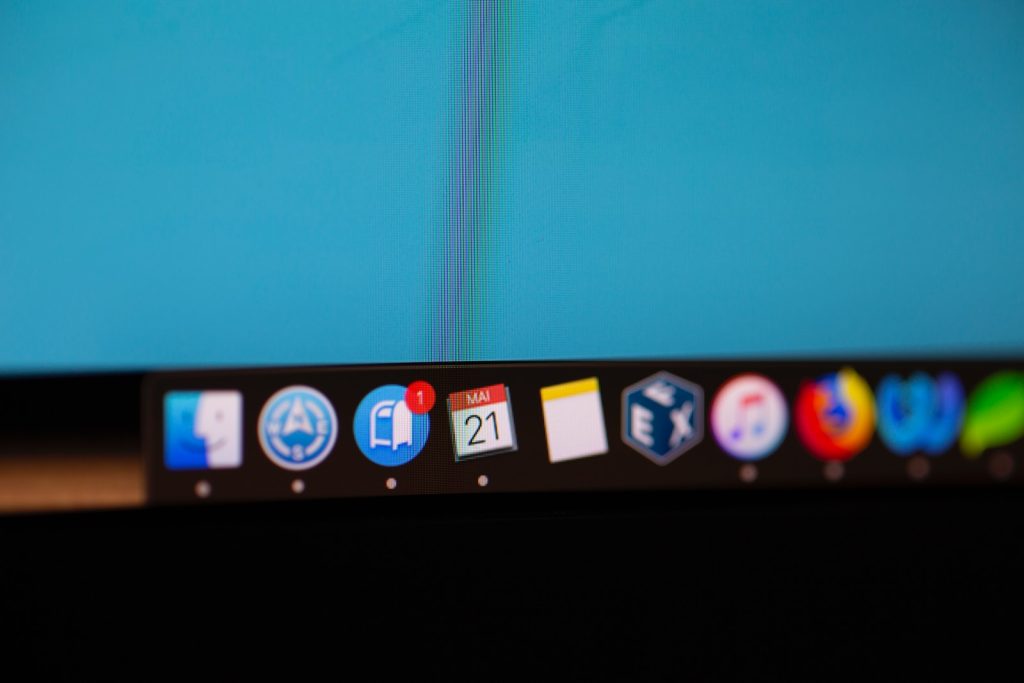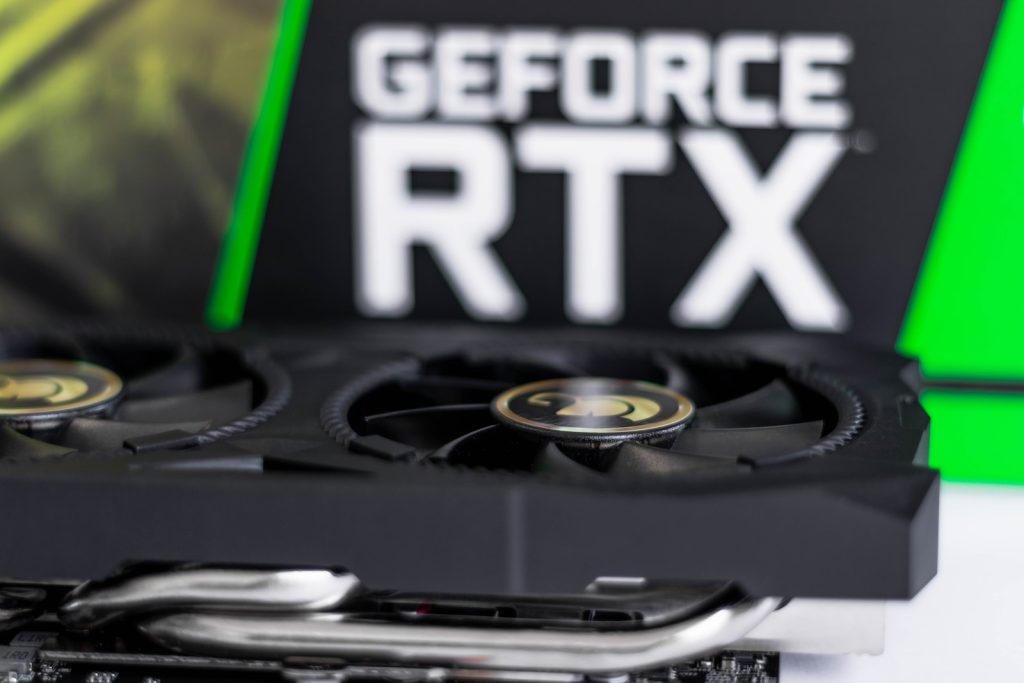In the ever-evolving landscape of operating systems, Linux has managed to carve a niche for itself. Yet, as we step into 2023, it remains a fact that Linux is still not as popular as its contemporaries. But why is that the case? What factors contribute to its persistent lack of mainstream adoption? In this article, we delve into the depths of the Linux ecosystem to uncover the reasons behind its ongoing unpopularity.
The Clout of Familiarity: Windows and macOS Dominance
Windows: A Household Name
When it comes to personal computers, Microsoft’s Windows operating system has reigned supreme for decades. The familiarity it offers to users, coupled with its extensive software compatibility, has cemented its position as a household name.

Users are accustomed to the Windows interface and its consistent updates, making the switch to Linux a daunting endeavor.
macOS: The Aesthetic Appeal
On the other hand, Apple’s macOS boasts a seamless integration between hardware and software, resulting in a visually appealing and user-friendly experience.

The allure of macOS lies not only in its aesthetics but also in its ecosystem, where devices synchronize effortlessly. Linux, although highly customizable, often lacks the streamlined integration that macOS offers.
Software Compatibility Woes
Proprietary Software Lock-In
One of the primary reasons for Linux’s unpopularity lies in its compatibility with proprietary software. Many industries rely on specific software solutions that are tailored for Windows or macOS, leaving Linux users with limited choices. Despite the availability of alternatives, transitioning entire workflows to Linux can be intricate and time-consuming.
Gaming Landscape
Gaming has become an integral part of the modern computing experience. While Linux has made significant strides in gaming support, Windows still dominates the gaming landscape.

The allure of compatibility with the latest game titles and gaming peripherals remains a compelling factor that keeps users tethered to Windows.
Driver Woes and Hardware Compatibility
Driver Woes
Linux’s driver compatibility has improved over the years, but it still faces challenges, particularly when it comes to niche or newly released hardware components.

Users often struggle to find drivers that seamlessly integrate with their hardware, leading to frustration and potential functionality issues.
Lack of Standardization
Unlike Windows and macOS, which are developed by single entities, Linux comes in various distributions with distinct approaches to software packaging and system architecture. This lack of standardization can lead to inconsistencies in user experiences, making it difficult for the average user to navigate.
User-Friendly Interface: Bridging the Gap
Learning Curve
Linux distributions vary in complexity, with some being more user-friendly than others. However, even the most user-friendly distributions often require a learning curve for those accustomed to Windows or macOS. This transition period can discourage users from fully embracing Linux.
User Experience Design
Windows and macOS prioritize user experience design, ensuring that interfaces are intuitive and visually pleasing. While Linux has made significant strides in this area, some distributions may still lack the level of refinement that users have come to expect.
Security and Privacy Concerns
Perception vs. Reality
Linux is often touted as a more secure alternative to its counterparts due to its open-source nature. However, the perception of heightened security doesn’t always align with reality. While Linux benefits from a strong community that identifies and patches vulnerabilities quickly, it’s not immune to security breaches.
Unique FAQs
FAQ 1: Is Linux suitable for beginners?
Linux can be suitable for beginners, but the learning curve might be steeper compared to Windows or macOS. Opting for user-friendly distributions can ease the transition.
FAQ 2: Can I run Windows software on Linux?
While some Windows software can run on Linux through compatibility layers like Wine, not all applications are fully supported, which can lead to compatibility issues.
FAQ 3: Why do developers prefer Linux?
Linux’s open-source nature provides developers with greater control and customization options, making it a preferred choice for programming and software development.
FAQ 4: Are there any popular companies that use Linux?
Yes, many tech giants, including Google and Amazon, rely on Linux for their server infrastructure due to its stability and performance.
FAQ 5: Is Linux completely free?
Yes, Linux is typically open-source and available for free. However, some enterprise distributions may come with support packages that have associated costs.
Customer Reviews
Review 1: Sarah M.
“I’ve always been curious about Linux, but the software compatibility held me back. I tried it on a spare laptop and loved the customization, but I still rely on Windows for work.”
Review 2: Michael R.
“Linux has been a game-changer for my development projects. The terminal is powerful, and the open-source community is amazing. It might not be for everyone, but it’s definitely worth exploring.”
Review 3: Emily G.
“I switched to Linux for privacy reasons, and I’m happy with the decision. However, it took time to adjust, and I occasionally miss the convenience of Windows.”
Conclusion: Embracing the Diversity
In a world dominated by Windows and macOS, Linux stands as a symbol of diversity in the tech ecosystem. Its open-source foundation and versatility make it a powerful contender. However, the journey towards widespread popularity is fraught with challenges. From compatibility struggles to user experience hurdles, Linux has both triumphs and tribulations. As we navigate the digital landscape of 2023, it’s essential to acknowledge Linux’s uniqueness while recognizing that its journey is still unfolding.
Call to Action: If you’re intrigued by the world of Linux, take the plunge and explore a user-friendly distribution that aligns with your interests. Embrace the adventure of customization, security, and community collaboration. Your journey with Linux might just unravel a whole new realm of possibilities.


